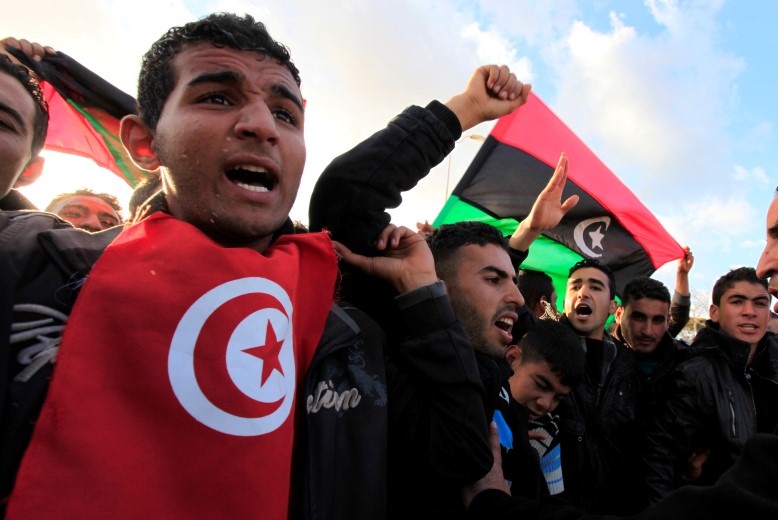
North Africa after the Arab Spring: Challenges and Prospects
North Africa has witnessed significant transformations since the outbreak of the Arab Spring in 2011. These events brought sweeping political and social changes, but the outcomes have varied dramatically across the region. Tunisia, often viewed as a relatively successful example of democratic transition, has experienced serious democratic backsliding in recent years. In contrast, the ousting of Libya’s dictator Muammar Qadhafi and the subsequent developments have been marred by widespread violence, political fragmentation, and external interference, leaving the country struggling to find a path to stability.
This seminar will explore these developments in Tunisia and Libya and the challenges to any attempts at stabilization and democratization. What can be done to support Libya in achieving unity and peace, and how can democratic institutions in Tunisia be strengthened? What role does the European Union play, and what more can it do, particularly through economic policies and political cooperation, to support these transitions?
You are warmly welcome to an evening of in-depth analysis and discussion on the divergent paths of Tunisia and Libya, the lessons learned, and the future of democratic transformation in North Africa.
Speakers
Asma Khalifa – Asma is a Libyan researcher and practitioner who focuses on the intersection of gender, youth and conflict.
Fanny Härgestam – Journalist and author of "Four Women and a Revolution," on Tunisia’s transition.
Tarek Megerisi – Senior Policy Fellow at ECFR, focusing on Libya and democratization.
This panel will be moderated by Dr. Rouzbeh Parsi, Head of the Middle East and North Africa program at UI.